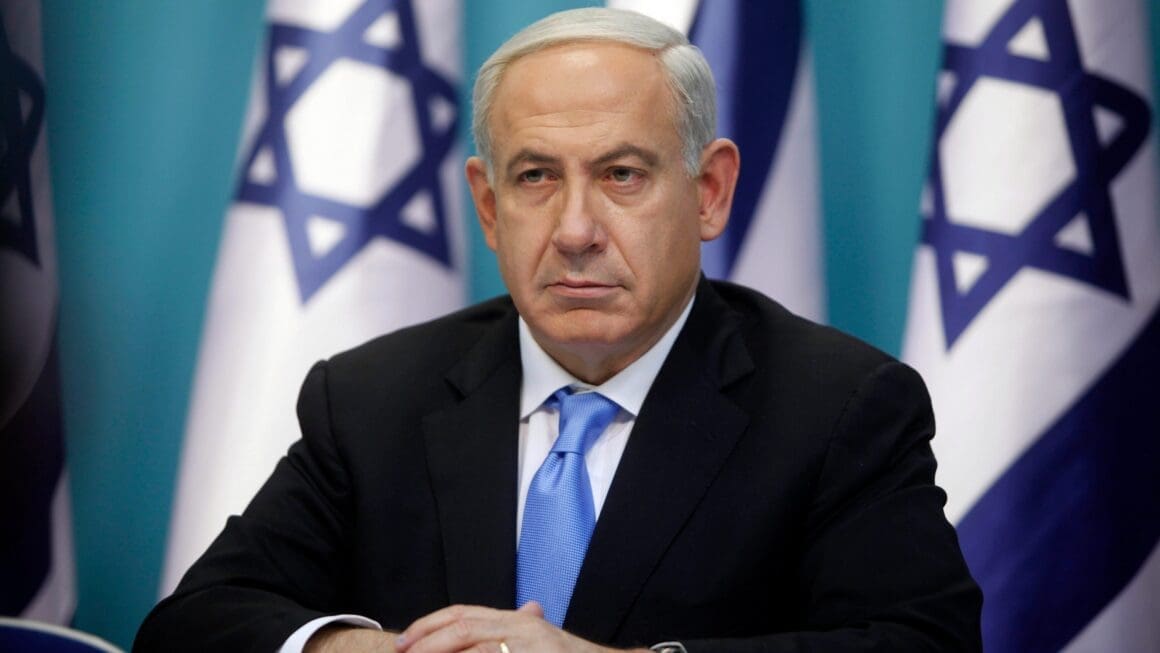The International Criminal Court (ICC) has initiated non-compliance proceedings against Hungary, seeking an explanation for its failure to arrest Israeli Prime Minister Benjamin Netanyahu during his recent visit to Budapest. Despite an ICC arrest warrant for crimes against humanity related to the war in Gaza, Hungary extended a warm welcome to Netanyahu, prompting the court’s action.
Hungarian Prime Minister Viktor Orbán announced plans for Hungary to withdraw from the ICC, criticizing the court as “political” and no longer impartial. He defended the decision not to arrest Netanyahu by noting that Hungary had not fully incorporated the ICC’s statute into national law, a defense previously dismissed by ICC judges. Orbán, often viewed as an autocratic figure within the European Union, has drawn criticism for this stance.
The ICC and various international organizations have expressed disapproval of Hungary’s defiance regarding the warrant against Netanyahu. Prior to Netanyahu’s visit, the president of the ICC’s oversight body reminded Hungary of its obligation to comply with arrest and surrender requests from the court. As Hungary moves towards leaving the ICC—a process expected to take at least a year—it will become the only non-signatory among the European Union’s 27 member states. Only the Philippines and Burundi have previously withdrawn from the ICC.
This incident marks the third investigation by the ICC in the past year into member states failing to arrest suspects. Earlier cases involved Italy and Mongolia, each facing similar scrutiny for not complying with ICC requests. Hungary has been given a deadline of May 23 to present evidence in its defense.
Context and Clarity
Hungary’s decision to defy the ICC’s arrest warrant for Netanyahu and its subsequent move to withdraw from the court could have significant implications. As the first European Union member to leave the ICC, Hungary’s actions might set a precedent that could influence other countries’ views on international justice and treaty obligations. This decision could also affect Hungary’s standing and relationships within the EU, potentially leading to diplomatic tensions or shifts in collaboration on international matters.
For the global community, Hungary’s stance raises questions about the effectiveness and authority of international legal bodies like the ICC. If more countries choose to ignore or withdraw from such institutions, it could undermine the pursuit of justice for crimes against humanity and weaken international law’s role in maintaining global order. On a national level, Hungary’s actions might also reflect broader political dynamics and shifts towards sovereignty and nationalism, impacting its domestic and foreign policy landscape.














